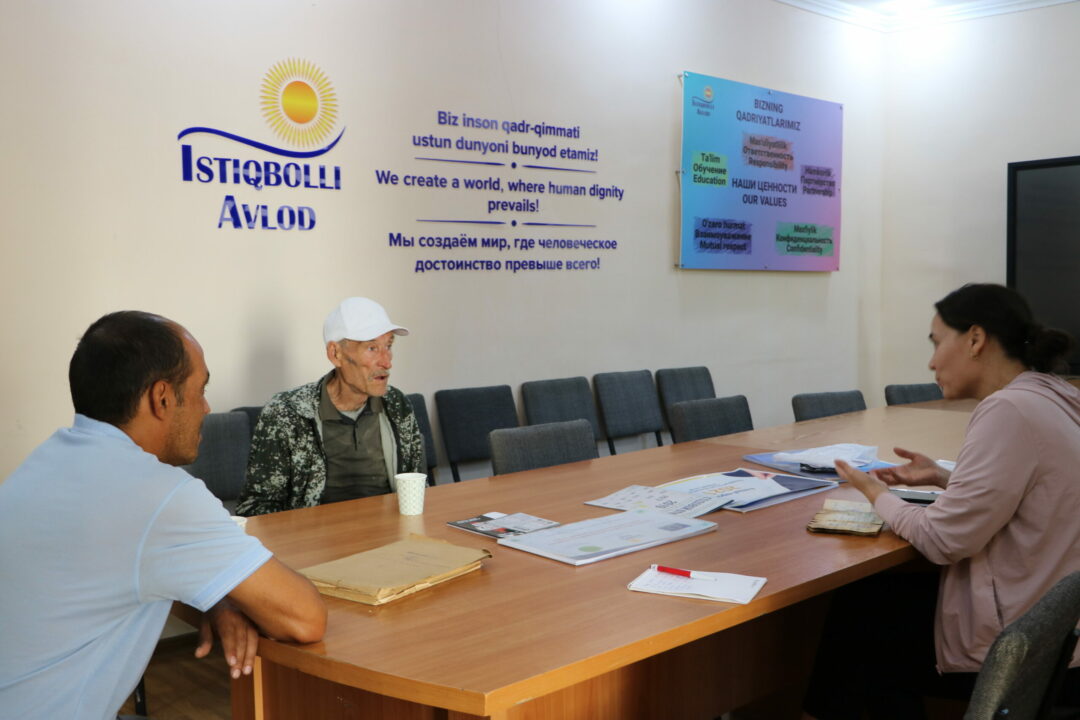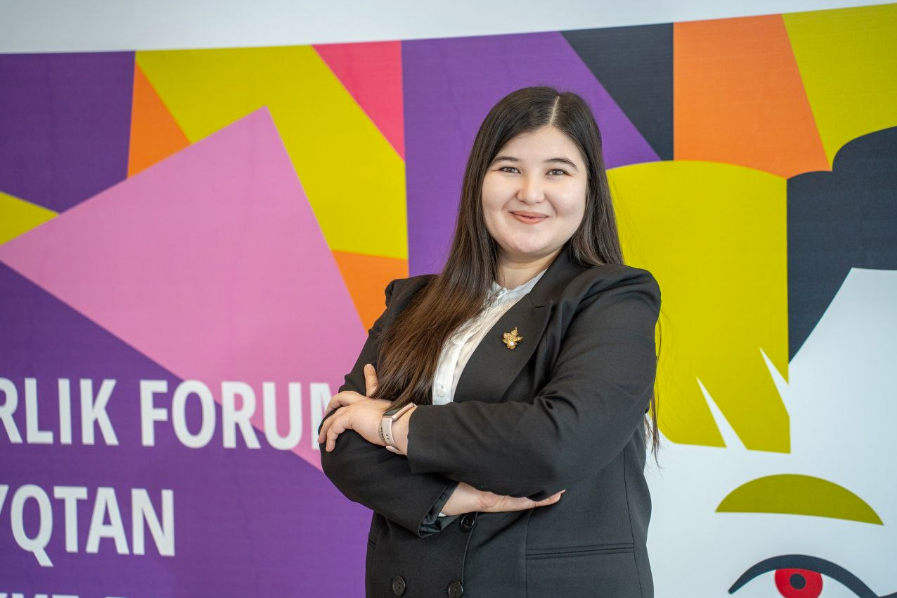Statelessness often deprives individuals of their fundamental rights, leaving them without access to education, healthcare, or legal employment, which makes them especially susceptible to exploitation. This vulnerability is starkly illustrated by a report from the UNHCR, which reveals that 25,413 individuals in Uzbekistan are stateless. A significant portion of this population can trace their lack of citizenship back to the 1991 dissolution of the Soviet Union, which resulted in a surge in statelessness across Central Asia due to the emergence of new nations and borders.
For over two decades, the NGO Istiqbolli Avlod (meaning “future generation” in Uzbek) has provided crucial social and legal aid to individuals lacking state passports. Founded in 2001, the organization commits itself to uplift socially vulnerable segments within Uzbekistan. Their mission supports the repatriation, rehabilitation, and reintegration of survivors of human trafficking and illicit migration.
Shokhida Kasymova, project lead at Istiqbolli Avlod, observes, "There are clear patterns in the challenges we address. It's alarming how frequently the traps of deception and human trafficking involve those known to the victims—be it friends, family, or acquaintances. Perpetrators confiscate the victims' personal documents and property, secure loans in their names, or even engage in human trafficking. Sadly, these predicaments often stem from [victims’] lack of awareness about [their] rights and protections."
The USAID-funded Social Innovation in Central Asia (SICA) program, implemented by Eurasia Foundation, provided Istiqbolli Avlod with an Innovative Solution Grant (ISG) to launch 20 awareness-raising campaigns on human trafficking and illegal migration in Tashkent's border regions. As a result of the campaigns, more than 50 at-risk individuals are now receiving direct assistance from Istiqbolli Avlod, including legal advice and connections to law enforcement representatives.
Khondamir Asanov (name changed), a 64-year-old who escaped from forced labor, is a testament to the invaluable support offered by Istiqbolli Avlod. Deceived by a homeowner in Qibray after assisting in a home renovation, Khondamir endured two decades of involuntary servitude. "I took on a refurbishment job in Qibray, hoping to earn some extra money on a friend's recommendation," Khondamir shares. An adept craftsman, he refurbished the house and set up its electrical system. When his USSR passport neared its expiration, Khondamir sought assistance from the homeowner, who held a government position, to secure a new Uzbekistani passport. Instead of aid, the homeowner seized his passport and coerced Khondamir into relentless, unpaid labor.

Recounting his traumatic experience, Khondamir says, "My existence was limited to that house and the nearby fields. They forbade me from venturing beyond. [...] The abuse was relentless—both physical and verbal. The owner’s son, when providing my daily meals, would often remark, 'This [meal] is for one dog, and this one is for another.’"
Today, Istiqbolli Avlod is supporting Khondamir to attain the status of a stateless individual, a precursor to achieving Uzbekistani citizenship. "The day I took that taxi ride [away from the abusers], experiencing the market's hustle and bustle, I felt like a stranger in what should have been familiar surroundings. I remembered the dreams of my younger self," shares Khondamir. Istiqbolli Avlod is presently advocating for Khondamir’s rights to citizenship and striving to reunite him with family members, who may have relocated abroad.
Fotima (name changed), a woman who sought Istiqbolli Avlod's help, encountered many difficulties due to her missing official birth registration, which left her without formal citizenship. Fotima’s stateless status limited her educational opportunities to just four grades because she lacked the necessary paperwork to continue. It also impeded her child's ability to secure official documents. "The quest for my daughter's documentation was tireless; I often felt defeated by bureaucratic obstacles and personal health issues. Yet, with the support of Shokhida and Istiqbolli Avlod, a glimmer of hope emerged," Fotima shares.
Currently, Istiqbolli Avlod is assisting Fotima and her daughter to obtain their identification documents, a pivotal step toward becoming recognized citizens of Uzbekistan. Their persistent efforts reignited hope for Fotima and her daughter. "Once the paperwork is in order, my path is set: I aim to secure a reliable job with decent pay, establish a home, and support my daughter's dream of entering the medical profession,” Fotima shares. “My experience with Istiqbolli Avlod has been profoundly transformative."

Address:
Almaty, Kazakhstan
609 Seifullin St
"Forum" Business Center
Thank you!